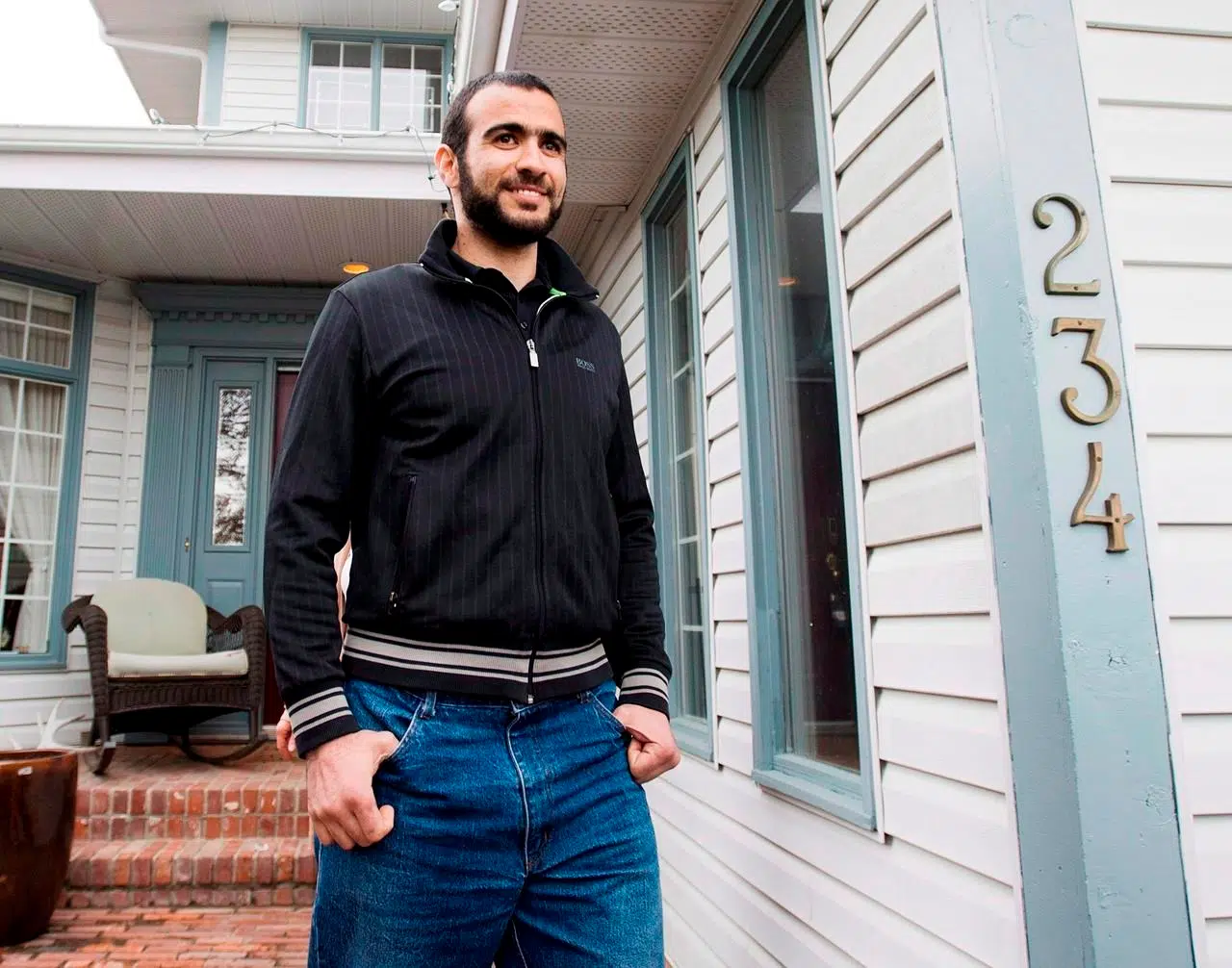
Omar Khadr’s settlement a case of defending human rights
Those expressing outrage at the $10.5-million settlement between the federal government and Omar Khadr should look more closely at the facts.
Contrary to what some might think or what some editorialists would have us believe, this isn’t a case of the government losing its mind and simply handing over a big paycheque to a confessed terrorist. It’s a settlement of a $20-million lawsuit. (He also reportedly will receive an apology.)
According to the Supreme Court, Khadr’s human rights were violated. Canada takes human rights seriously, and when someone suffers because we fail to protect that person’s human rights, the country and its courts try to make amends.
The Canadian-born Khadr was a child when he allegedly killed an American soldier with a hand grenade, and blinded another in one eye during a firefight in the Afghanistan war in 2002. He was captured and imprisoned in Guantanamo Bay, where Canadian interrogators were at least complicit in the use of sleep deprivation to wring a confession out of him.


